If you’re a car enthusiast, you know that there are hundreds of car brands out there. Each brand has a unique history, legacy, and product line that makes it stand out from the rest. Whether you’re interested in luxury cars, sports cars, electric vehicles, or any other type of automobile, there’s a brand out there that caters to your needs.
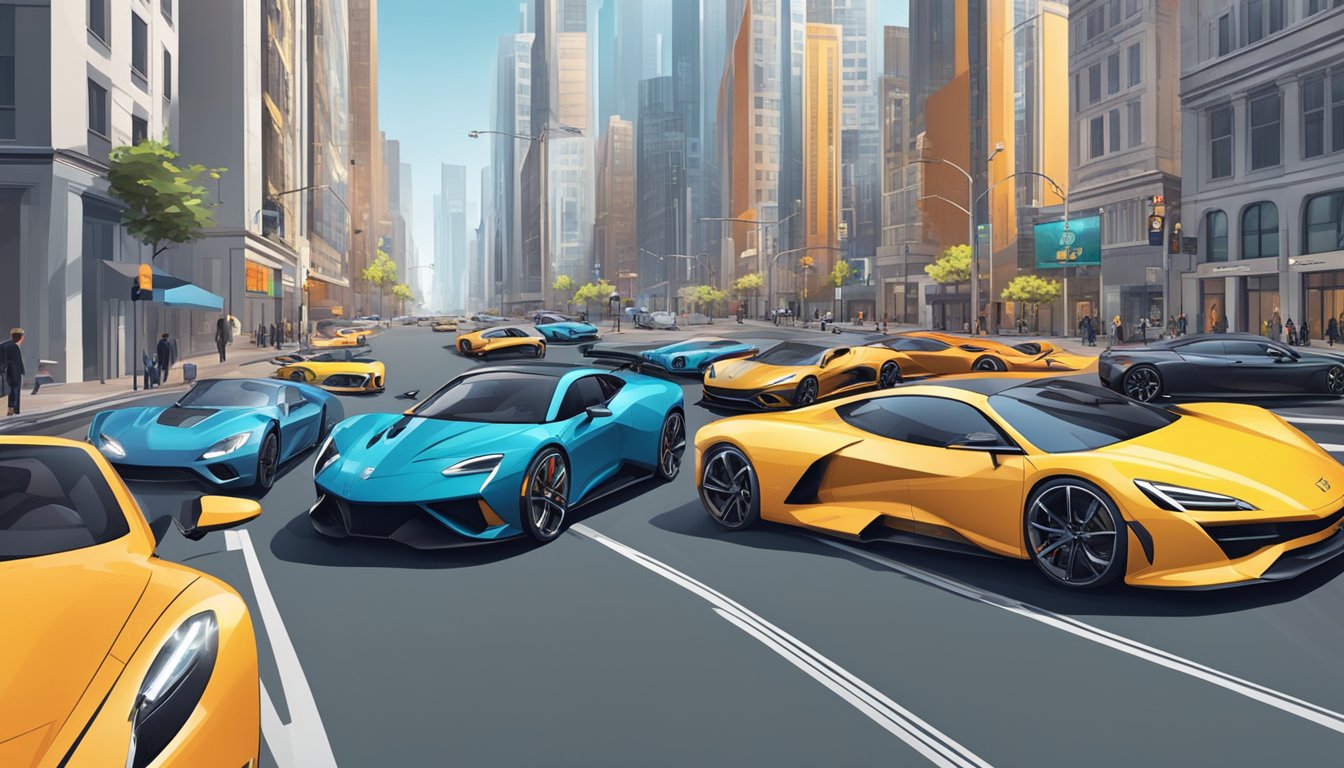
From Abarth to Zenvo, car brands come from all around the world, each with its own set of characteristics and features that make it unique. Some brands have been around for over a century, while others are relatively new to the scene. Regardless of their age, each brand has contributed to the evolution of the automobile and has helped shape the industry into what it is today.
In this article, we’ll take a closer look at all car brands, their history, legacy, and product line. We’ll explore their geographical landscape, market segmentation, and iconic car models. We’ll also take a glimpse into the future of car manufacturing and answer some frequently asked questions about car brands. So buckle up and get ready for an exciting ride through the world of automobiles.
Key Takeaways
- Car brands come from all around the world and each has a unique history, legacy, and product line.
- The evolution of the automobile has been shaped by the contributions of car brands, both old and new.
- From luxury cars to electric vehicles, there’s a car brand out there that caters to your needs.
History and Evolution of Car Brands
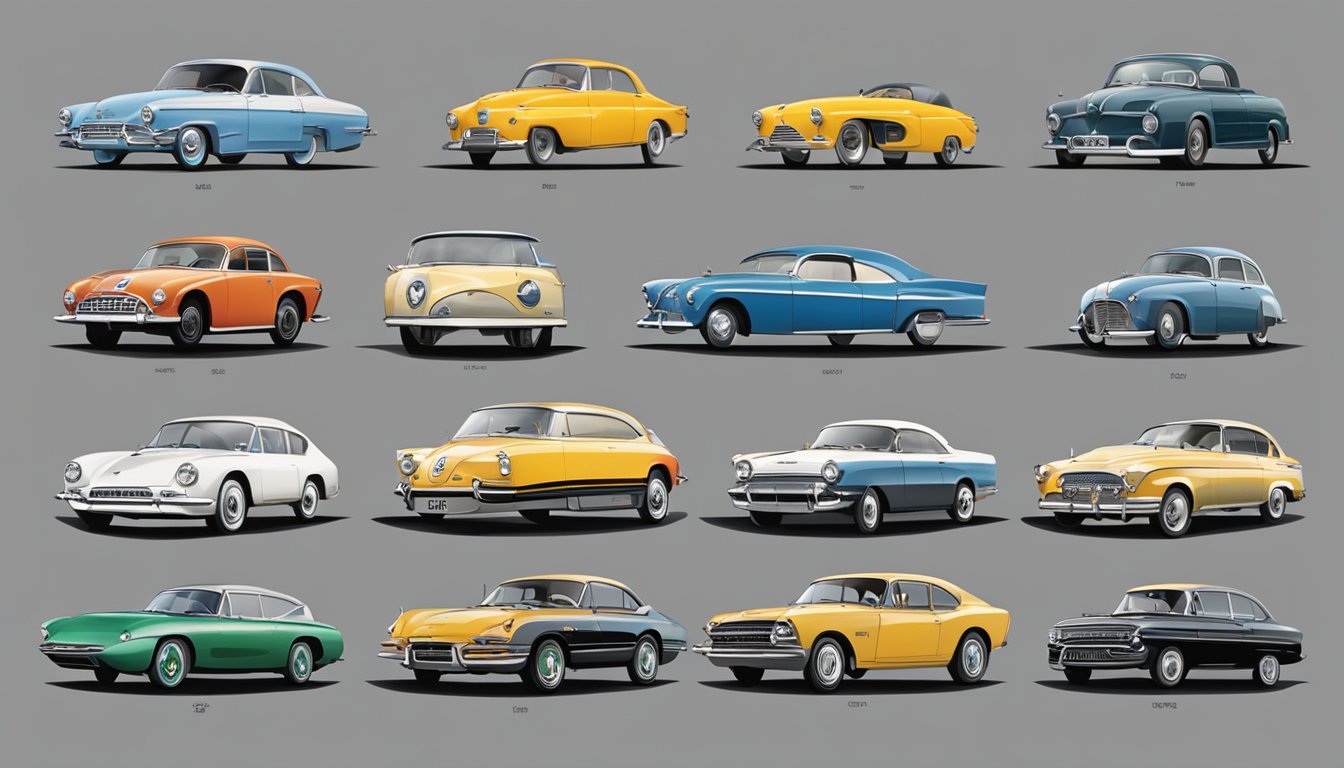
From the early days of the automobile to the present, car brands have played a significant role in shaping the automotive industry. As a car enthusiast, you may have wondered how your favorite car brand came to be. In this section, we will explore the history and evolution of car brands, from pioneering manufacturers to the rise of luxury and supercar marques.
Pioneering Manufacturers
At the dawn of the automotive industry, car manufacturers were few and far between. Some of the earliest pioneers of the automobile include Ford, Mercedes-Benz, BMW, and Toyota. These companies laid the foundation for the modern automobile and set the standard for quality and innovation.
Ford, for example, revolutionized the automotive industry with the introduction of the assembly line in 1913. This innovation allowed Ford to produce cars at a faster rate and at a lower cost, making cars more accessible to the general public. Mercedes-Benz, on the other hand, has a long history of producing luxury cars, starting with the Mercedes 35 PS in 1901.
Global Expansion and Diversity
As the automotive industry grew, so did the number of car manufacturers. Companies such as Chevrolet, Volkswagen, Honda, Mazda, and Suzuki emerged, bringing new ideas and innovations to the table. These companies also expanded globally, making cars more accessible to people around the world.
Chevrolet, for example, was founded in 1911 and quickly became one of the world’s largest car manufacturers. The company is known for producing affordable and reliable cars, such as the Chevrolet Impala and the Chevrolet Camaro. Volkswagen, on the other hand, is known for its iconic Beetle, which became one of the best-selling cars of all time.
Rise of Luxury and Supercar Marques
In recent years, we have seen the rise of luxury and supercar marques, such as Lamborghini, Ferrari, and Rolls-Royce. These companies produce some of the most expensive and exclusive cars in the world, with prices reaching into the millions of dollars.
Lamborghini, for example, was founded in 1963 and quickly gained a reputation for producing high-performance sports cars. The company’s flagship model, the Lamborghini Aventador, is capable of reaching speeds of over 200 mph and has a price tag of around $400,000. Ferrari, on the other hand, is known for producing some of the most beautiful and desirable cars in the world, such as the Ferrari 458 Italia and the Ferrari LaFerrari.
In conclusion, the history and evolution of car brands is a fascinating topic that spans over a century. From the pioneers of the automotive industry to the rise of luxury and supercar marques, car manufacturers have played a significant role in shaping the modern automobile.
Geographical Landscape of Car Brands
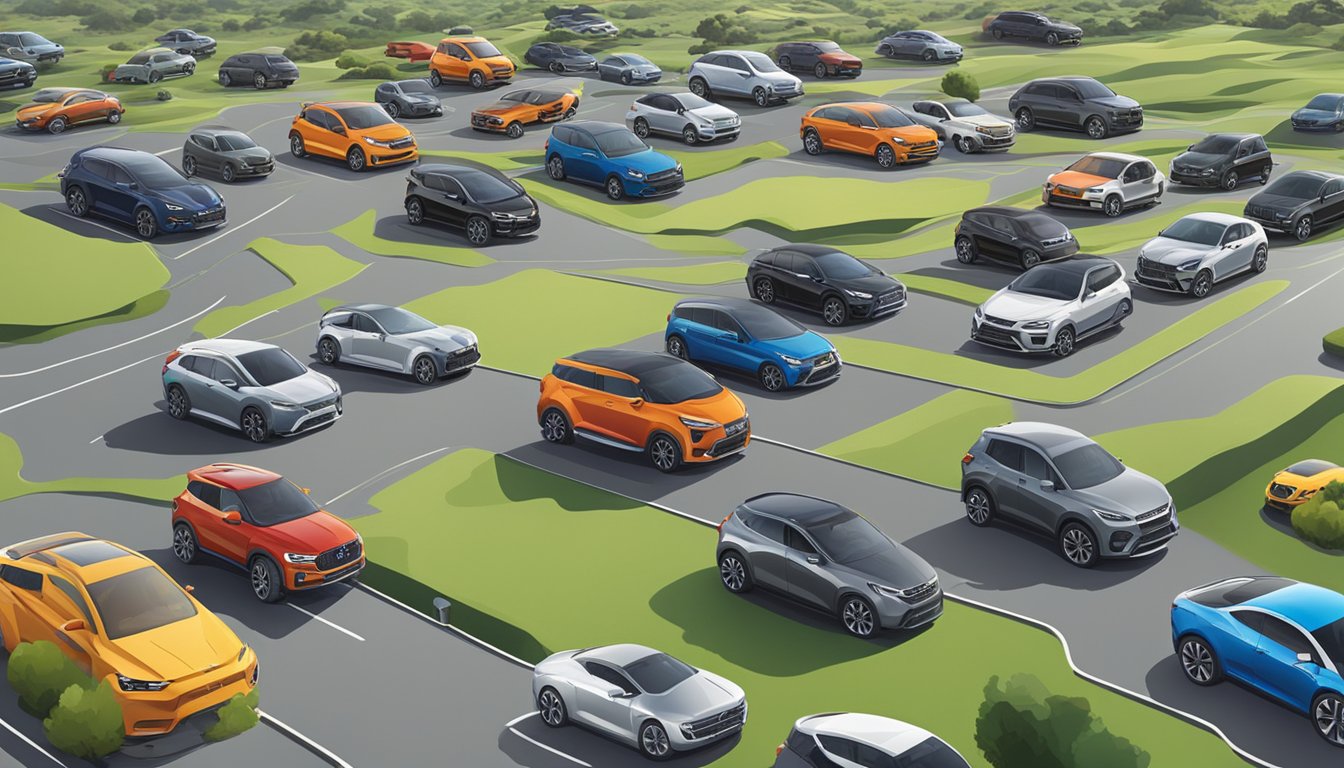
When it comes to car brands, the geographical landscape is diverse and fascinating. Each region has its unique strengths and innovations that make it stand out in the global market. In this section, we will explore the dominance of the European market, American innovation and muscle, and Asia’s technological advancements.
Dominance of the European Market
Europe is home to some of the world’s most iconic car brands, such as Germany’s BMW, Mercedes-Benz, and Volkswagen, Italy’s Ferrari and Lamborghini, Sweden’s Volvo, and the UK’s Rolls-Royce and Bentley. The European market has always been known for its emphasis on performance, engineering precision, and luxury.
German car brands, in particular, have dominated the European market with their cutting-edge technology and sleek designs. BMW, for example, is known for its innovative iDrive system, which allows drivers to control various functions of their car with a single knob. Mercedes-Benz, on the other hand, is famous for its S-Class luxury sedan, which is widely regarded as one of the most comfortable and technologically advanced cars in the world.
American Innovation and Muscle
The United States has a long history of innovation and muscle in the automotive industry. American car brands such as Ford, General Motors, and Chrysler have been at the forefront of the industry for decades, producing some of the most iconic cars in history.
Ford, for example, is known for its Mustang, which is one of the most recognizable and beloved sports cars in the world. General Motors is famous for its Chevrolet Corvette, which is a symbol of American muscle and power. Chrysler, on the other hand, is known for its luxurious and stylish cars such as the Chrysler 300.
Asia’s Technological Advancements
Asia has emerged as a major player in the global automotive industry, with countries such as Japan, China, and South Korea leading the charge in technological advancements.
Japanese car brands such as Toyota, Honda, and Nissan are known for their reliability and fuel efficiency. Toyota, for example, is famous for its hybrid cars such as the Prius, which is one of the most popular hybrid cars in the world. Honda is known for its innovative safety features such as the LaneWatch system, which uses a camera to display the car’s blind spot on the dashboard.
Chinese car brands such as Geely and BYD are also making waves in the industry with their electric and hybrid cars. Geely, for example, is the parent company of Volvo and is known for its innovative and stylish electric cars such as the Geometry A.
In conclusion, the geographical landscape of car brands is diverse and fascinating, with each region bringing its unique strengths and innovations to the global market. Whether you’re looking for performance, luxury, or technological advancements, there is a car brand out there that suits your needs.
Types of Cars and Market Segmentation
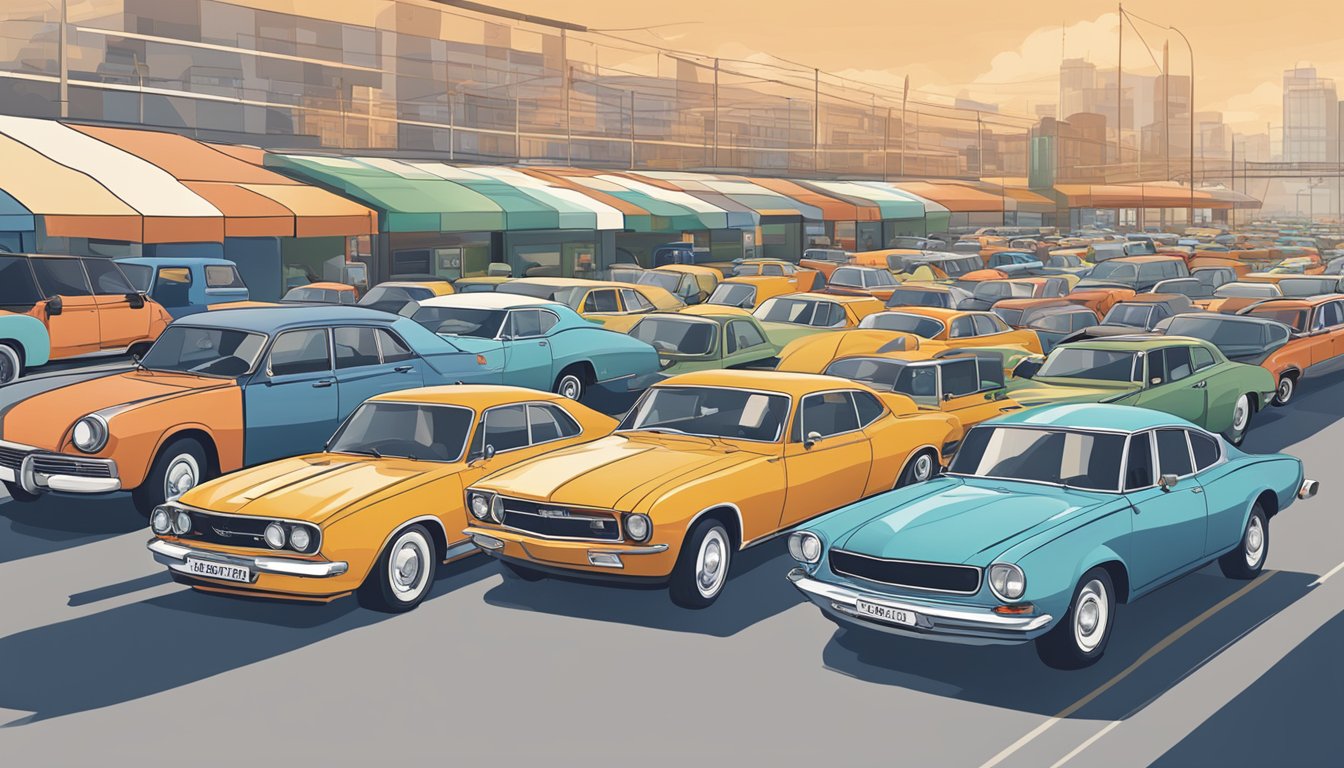
When it comes to car brands, there are a variety of types of cars that are available in the market. Each type of car is designed to cater to a specific segment of the market. The segmentation of the car market is done based on various factors such as demographics, geography, psychographics, and behaviour.
Luxury Vehicles and High-End Market
Luxury car brands such as Lexus and Porsche are designed to cater to the high-end market. These cars are known for their superior quality, comfort, and performance. They are often priced at a premium and are considered a status symbol. Luxury vehicles are often purchased by individuals who are looking for a car that is not only comfortable but also has a high level of prestige.
Sports Cars and Performance Vehicles
Sports cars and performance vehicles such as the Porsche 911 and the Supercar are designed to cater to individuals who are looking for a car that delivers a high level of performance. These cars are often designed to be sleek and stylish and are known for their speed and agility. They are often purchased by individuals who are looking for a car that is not only fast but also has a high level of performance.
Electric Vehicles and the Green Revolution
With the increasing concern about the environment, electric vehicles (EVs) are becoming more popular. Tesla is a well-known brand in the EV market and is known for its innovative technology and design. EVs are designed to be environmentally friendly and are often purchased by individuals who are looking for a car that has a low carbon footprint.
In conclusion, the car market is segmented based on various factors such as demographics, geography, psychographics, and behaviour. Luxury car brands such as Lexus and Porsche cater to the high-end market, while sports cars and performance vehicles such as the Porsche 911 and the Supercar cater to individuals who are looking for a car that delivers a high level of performance. EVs such as Tesla are becoming more popular due to the increasing concern about the environment.
Iconic Car Models and Their Legacy
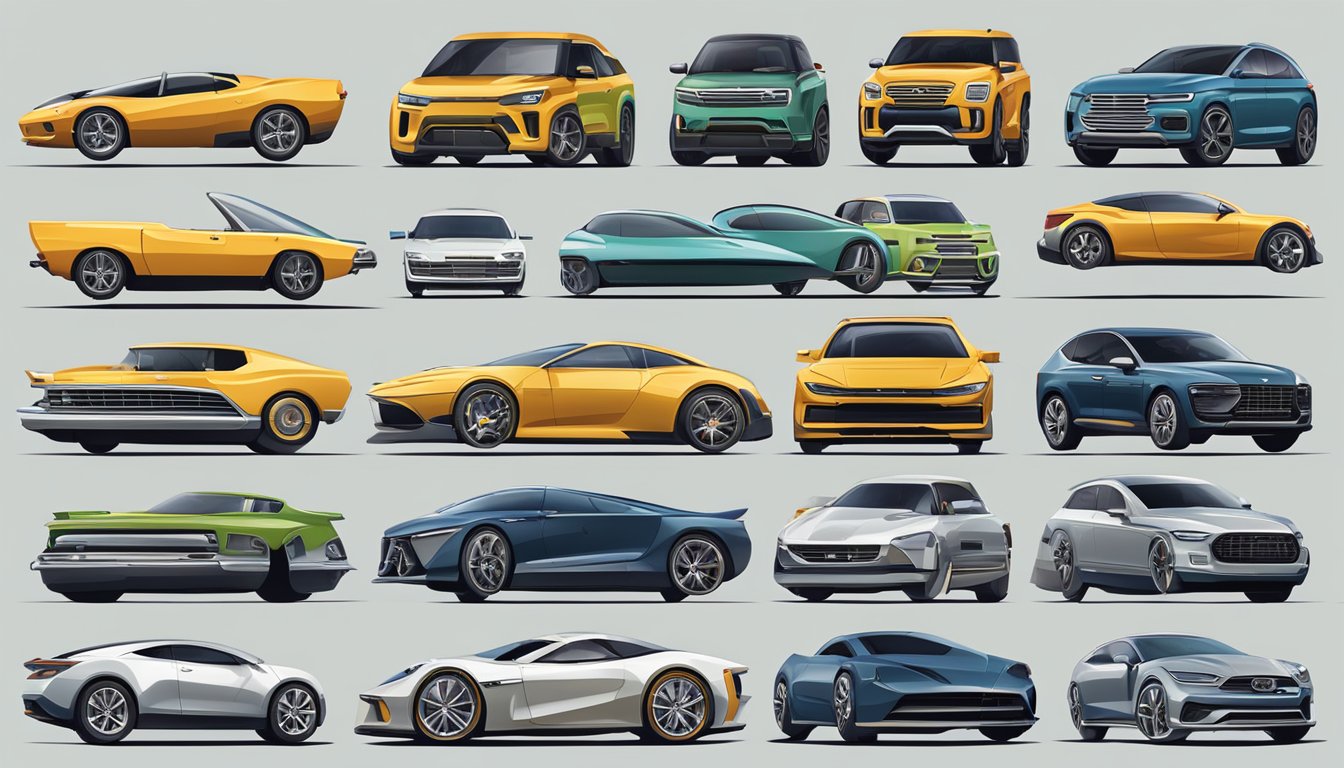
If you’re a car enthusiast, you know that certain models have left a lasting impact on the automotive industry. These iconic cars have become synonymous with their respective brands and have helped to define generations of drivers. In this section, we’ll take a closer look at some of the most iconic car models and their legacies.
Classic Models That Defined Generations
The Lamborghini Miura, Ferrari 250 GTO, and Jaguar E-Type are just a few examples of classic cars that have stood the test of time. These models are known for their timeless designs, impressive performance, and lasting legacies. The Miura, for example, was the first supercar to feature a mid-engine layout, while the 250 GTO is widely considered to be one of the most beautiful cars ever made. And who could forget the E-Type, with its sleek lines and impressive speed?
Modern Marvels of Engineering
In recent years, car manufacturers have continued to push the boundaries of what’s possible with modern engineering. Brands like McLaren, Koenigsegg, and Bugatti have all produced cars that are not only incredibly fast but also stunningly beautiful. The McLaren P1, for example, features a hybrid powertrain that produces over 900 horsepower, while the Koenigsegg Jesko boasts a top speed of over 300 mph. And then there’s the Bugatti Chiron, which has a price tag of over $3 million and can go from 0 to 60 mph in less than 2.5 seconds.
Whether you’re a fan of classic cars or modern marvels of engineering, there’s no denying the impact that these iconic car models have had on the automotive industry. From their timeless designs to their impressive performance, these cars have left a lasting legacy that will continue to inspire car enthusiasts for generations to come.
The Future of Car Manufacturing
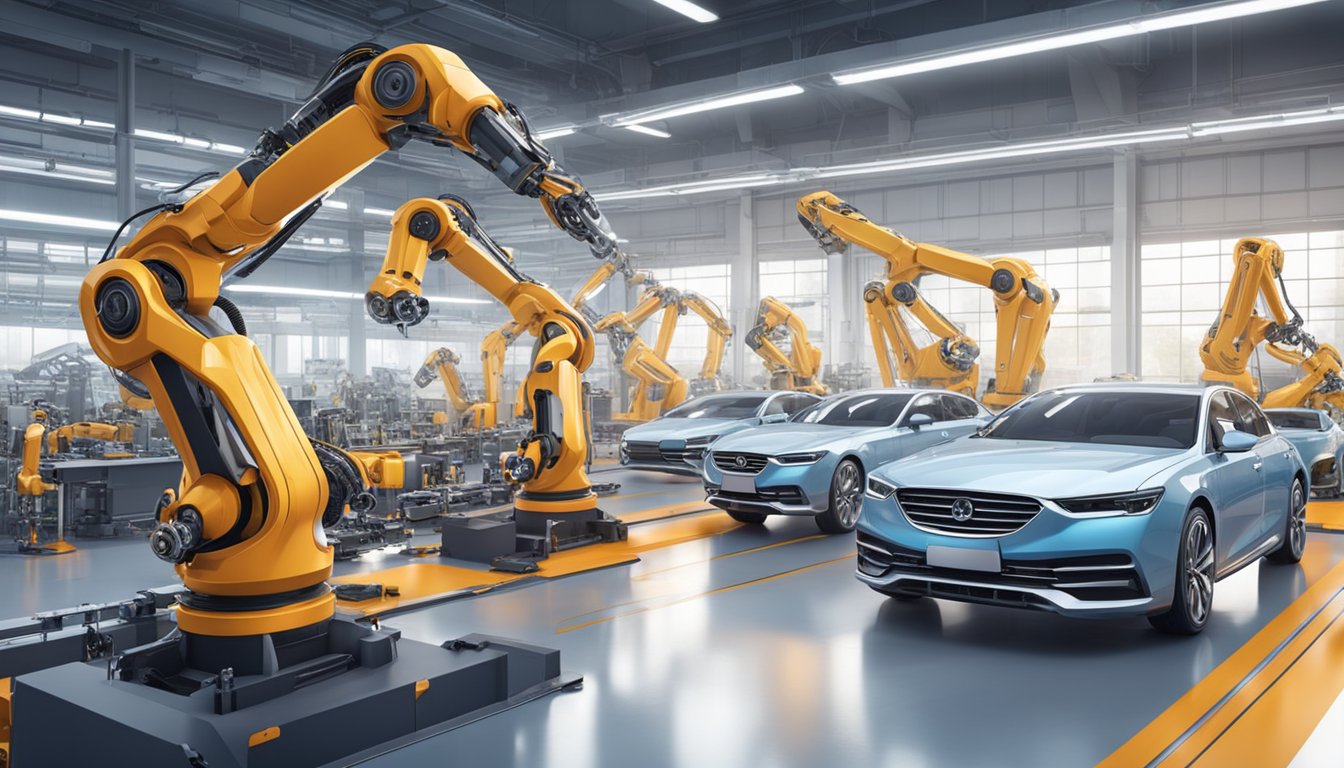
As the automotive industry continues to evolve and adapt to new technologies and consumer demands, the future of car manufacturing is looking bright. With innovations in automotive technology and a growing concern for sustainability and environmental impact, car manufacturers are exploring new ways to design and produce vehicles that are both efficient and eco-friendly.
Innovations in Automotive Technology
One of the biggest drivers of innovation in car manufacturing is the push for electric and hybrid vehicles. Companies like Tesla and GA are leading the charge in this area, with their cutting-edge designs and advanced battery technology. These vehicles not only reduce emissions and environmental impact, but also offer drivers a more efficient and cost-effective way to travel.
In addition to electric and hybrid vehicles, car manufacturers are also exploring new materials and manufacturing techniques to improve the safety, performance, and durability of their cars. For example, the BMW IX and Mercedes-Benz GLA use lightweight materials like carbon fibre to reduce weight and improve handling, while Toyota’s TAC system allows for more efficient and precise assembly of car components.
Sustainability and Environmental Concerns
As concerns about climate change and environmental impact continue to grow, car manufacturers are under increasing pressure to reduce their carbon footprint and adopt more sustainable practices. Luxury brands like Rolls-Royce and Bentley are leading the way in this area, with their commitment to using sustainable materials and reducing waste in the manufacturing process.
Supercars and high-end marquees are also getting in on the sustainability trend, with companies like Lamborghini and Ferrari exploring electric and hybrid options for their vehicles. These cars not only offer a more eco-friendly alternative to traditional supercars, but also provide drivers with the same level of performance and luxury they expect from these brands.
Overall, the future of car manufacturing is looking bright, with exciting new innovations and a growing commitment to sustainability and environmental responsibility. Whether you’re a fan of electric vehicles, luxury cars, or high-performance supercars, there’s something for everyone in the world of car manufacturing.
Frequently Asked Questions
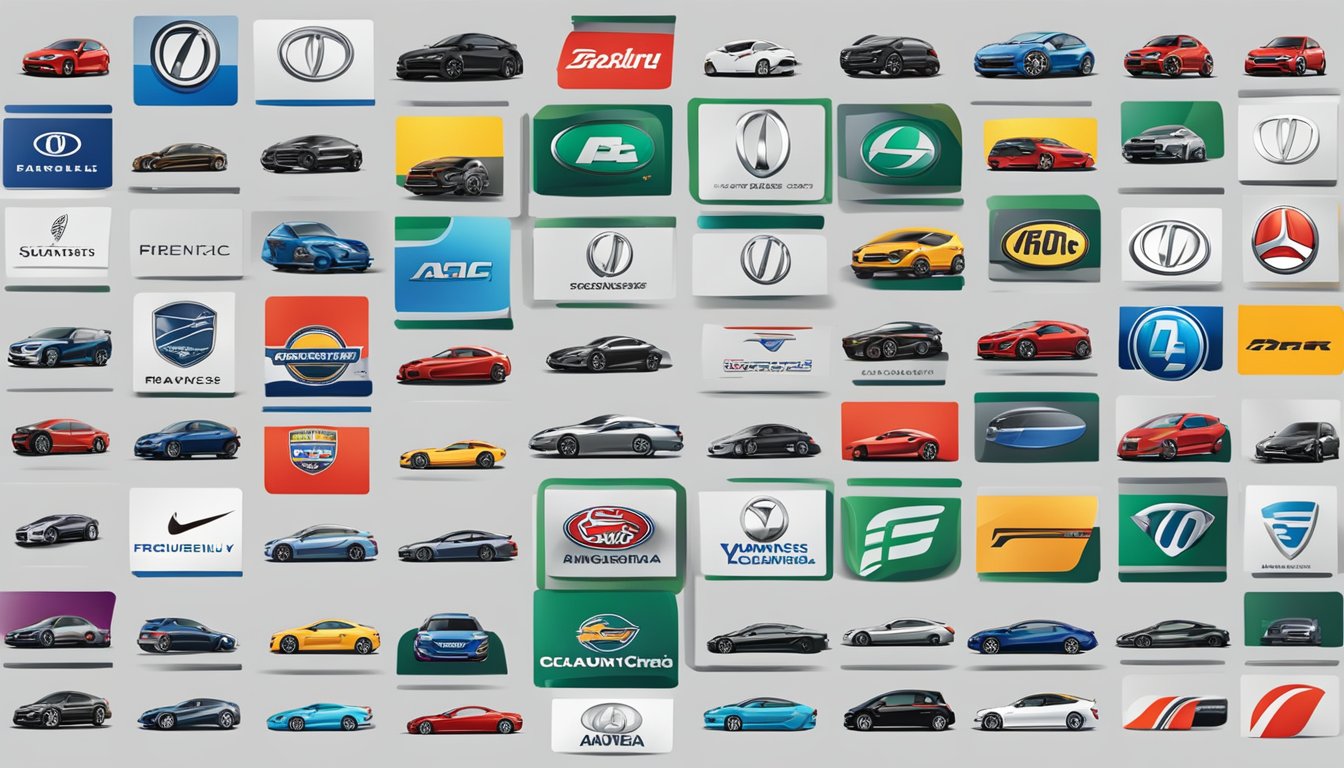
What are the most iconic car symbols recognised globally?
There are many iconic car symbols that are recognised globally. Some of the most famous ones include the Mercedes-Benz three-pointed star, the Ferrari prancing horse, the BMW roundel, and the Lamborghini bull. These symbols have become synonymous with the brands they represent and are instantly recognisable around the world.
Which car manufacturers are celebrated for their ethical practices?
Many car manufacturers are celebrated for their ethical practices. Some of the most notable ones include Tesla, which is known for its commitment to sustainability and reducing carbon emissions, and Toyota, which has a reputation for producing reliable and safe vehicles. Other car manufacturers that are known for their ethical practices include Honda, Subaru, and Volvo.
Could you list the top automobile companies as of the latest rankings?
As of the latest rankings, the top automobile companies include Toyota, Volkswagen, General Motors, Ford, and Honda. These companies have consistently ranked among the top automobile manufacturers in the world and are known for producing high-quality vehicles that are both reliable and safe.
Can you name some French car brands along with their emblems?
Some of the most famous French car brands include Peugeot, Citroen, and Renault. Peugeot’s emblem features a lion, which is meant to symbolise strength and power. Citroen’s emblem features two chevrons, which represent the gears of a car. Renault’s emblem features a diamond, which is meant to symbolise the company’s commitment to innovation and excellence.
What are the luxury car brands known for their opulent logos?
Many luxury car brands are known for their opulent logos. Some of the most notable ones include Rolls-Royce, which features the iconic Spirit of Ecstasy hood ornament, and Bentley, which features the iconic winged B emblem. Other luxury car brands that are known for their opulent logos include Mercedes-Benz, BMW, and Audi.
How many different car manufacturers exist worldwide?
There are many different car manufacturers that exist worldwide. While it is difficult to give an exact number, it is estimated that there are over 100 car manufacturers operating globally. These manufacturers range from small boutique brands to large multinational corporations and produce a wide range of vehicles, from economy cars to high-end luxury vehicles.




